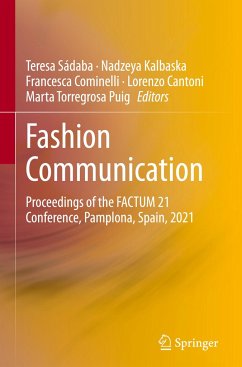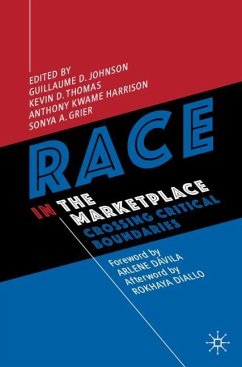
Misleading Marketing Communication
Assessing the Impact of Potentially Deceptive Food Labelling on Consumer Behaviour

PAYBACK Punkte
17 °P sammeln!
Using the case of food labelling, this book demonstrates that the line between fair and potentially misleading communication can be approached in empirical terms, supplementing the predominantly political and legal deliberations that determine how society deals with these issues.By first critically reviewing the legal conception of misleading commercial practices manifest in EU law, the authors discuss whether and how it can be transposed into empirically measurable terms. Presenting four complementary experimental studies targeting recurrent grey-zone scenarios on the Danish food market, the ...
Using the case of food labelling, this book demonstrates that the line between fair and potentially misleading communication can be approached in empirical terms, supplementing the predominantly political and legal deliberations that determine how society deals with these issues.
By first critically reviewing the legal conception of misleading commercial practices manifest in EU law, the authors discuss whether and how it can be transposed into empirically measurable terms. Presenting four complementary experimental studies targeting recurrent grey-zone scenarios on the Danish food market, the book illustrates the potential of the so-called ShopTrip test paradigm which simulates and registers real-life e-shopping behaviour as it unfolds while yielding new types of data against which opposing assessments of potential misleadingness can be matched. The results are discussed in the light of possible paths of theoretical explanation and implications for future regulative practices, including companies' self-regulation.
By first critically reviewing the legal conception of misleading commercial practices manifest in EU law, the authors discuss whether and how it can be transposed into empirically measurable terms. Presenting four complementary experimental studies targeting recurrent grey-zone scenarios on the Danish food market, the book illustrates the potential of the so-called ShopTrip test paradigm which simulates and registers real-life e-shopping behaviour as it unfolds while yielding new types of data against which opposing assessments of potential misleadingness can be matched. The results are discussed in the light of possible paths of theoretical explanation and implications for future regulative practices, including companies' self-regulation.














